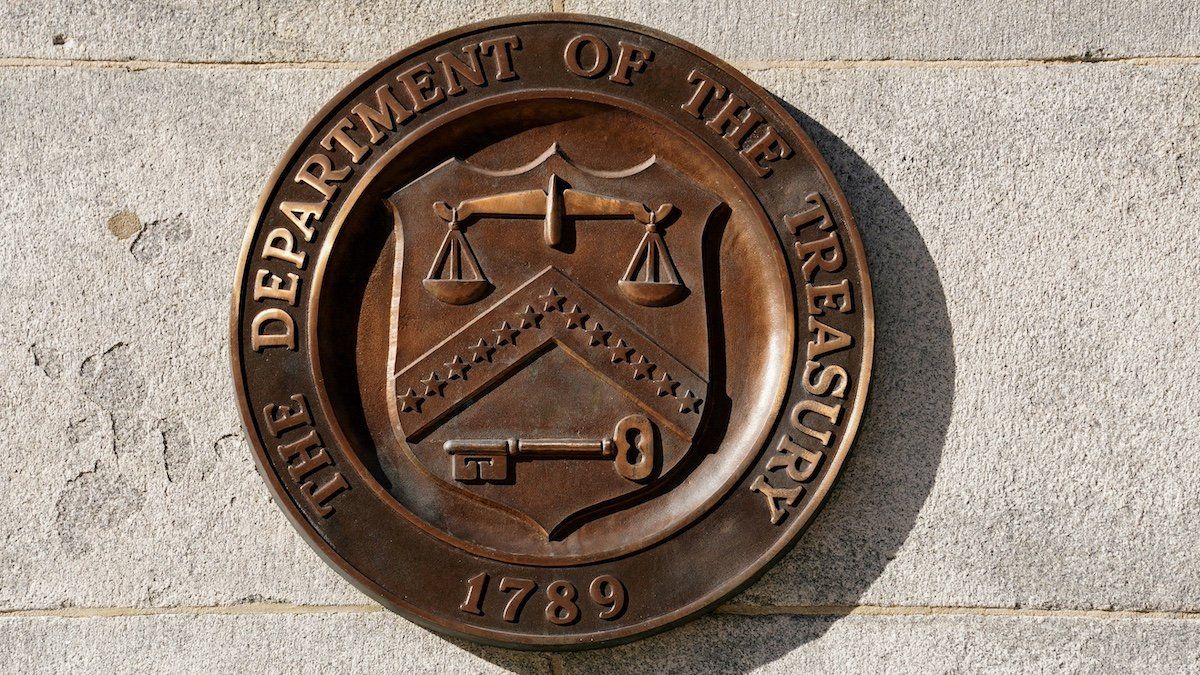The US Treasury Department last week sanctioned a Russian organization and its founder for attempting to interfere in the 2024 presidential election using artificial intelligence.
According to a government press release, the Moscow-based Center for Geopolitical Expertise, or CGE, linked to Russia's intelligence agency GRU, built a server to host generative AI tools and content to avoid detection by foreign web hosting companies. The CGE maintained a network of 100 fake news websites created using AI.
The CGE also manipulated a video to produce “baseless accusations concerning a 2024 vice presidential candidate in an effort to sow discord amongst the US electorate,” the Treasury Department said. While officials didn’t specify whether the video targeted Democratic VP nominee Tim Walz or Republican VP nominee JD Vance, a previous report from the Office of the Director of National Intelligence indicated that a Russian group was behind a video containing false sexual assault allegations against Walz, who previously worked as a high school teacher in Minnesota.
The Treasury Department sanctioned both the CGE and its director Valery Mikhaylovich Korovin. Russian officials have denied the allegations.
But there are still outstanding questions about the nature of this AI-generated disinformation network: Is this effort part of the existing Storm-1516 propaganda group that Clemson University and Microsoft have previously warned about? Was the Walz video the only one that Russian actors deployed? And did these fake news sites and doctored videos have any measurable impact on the election?
